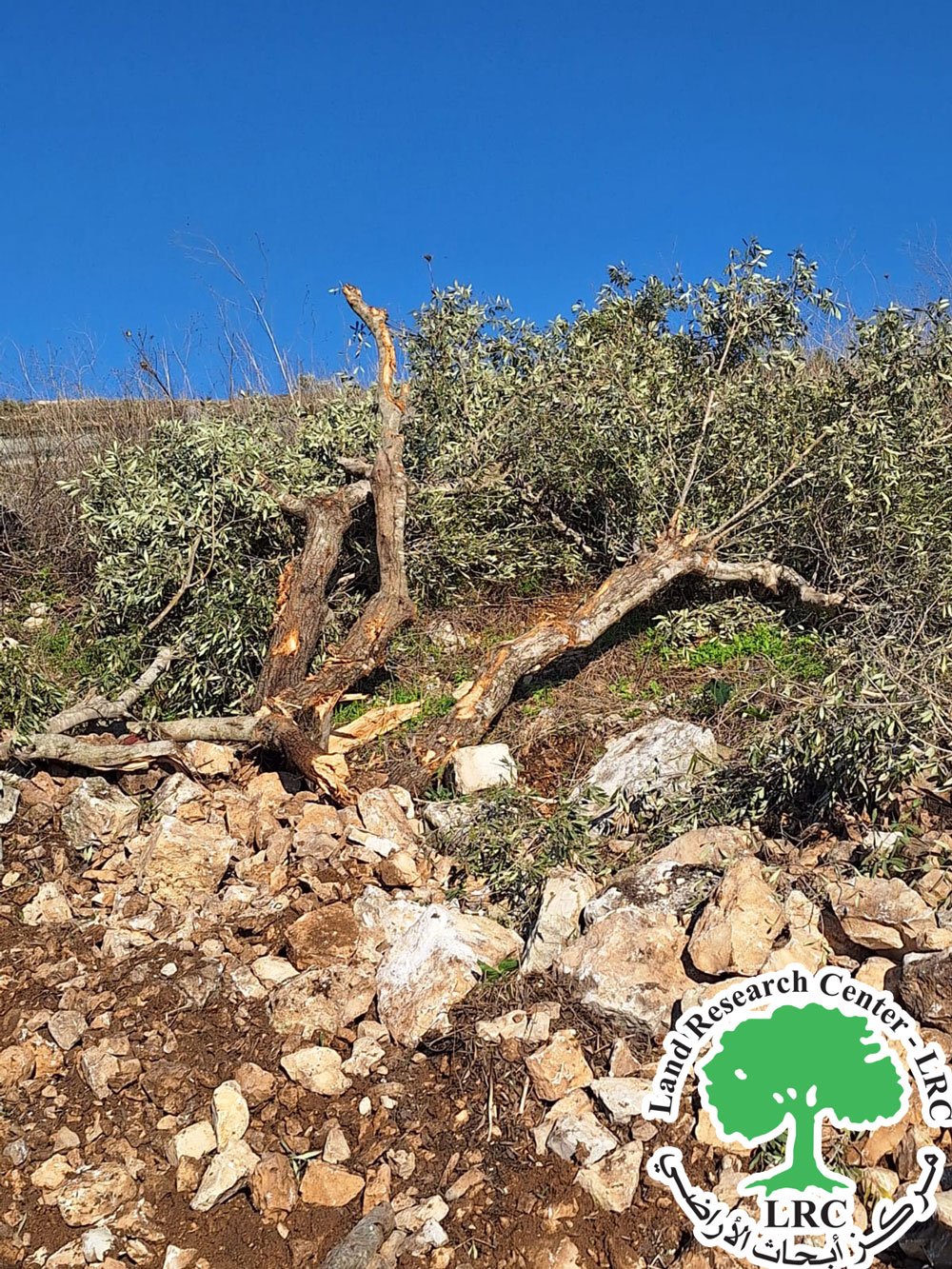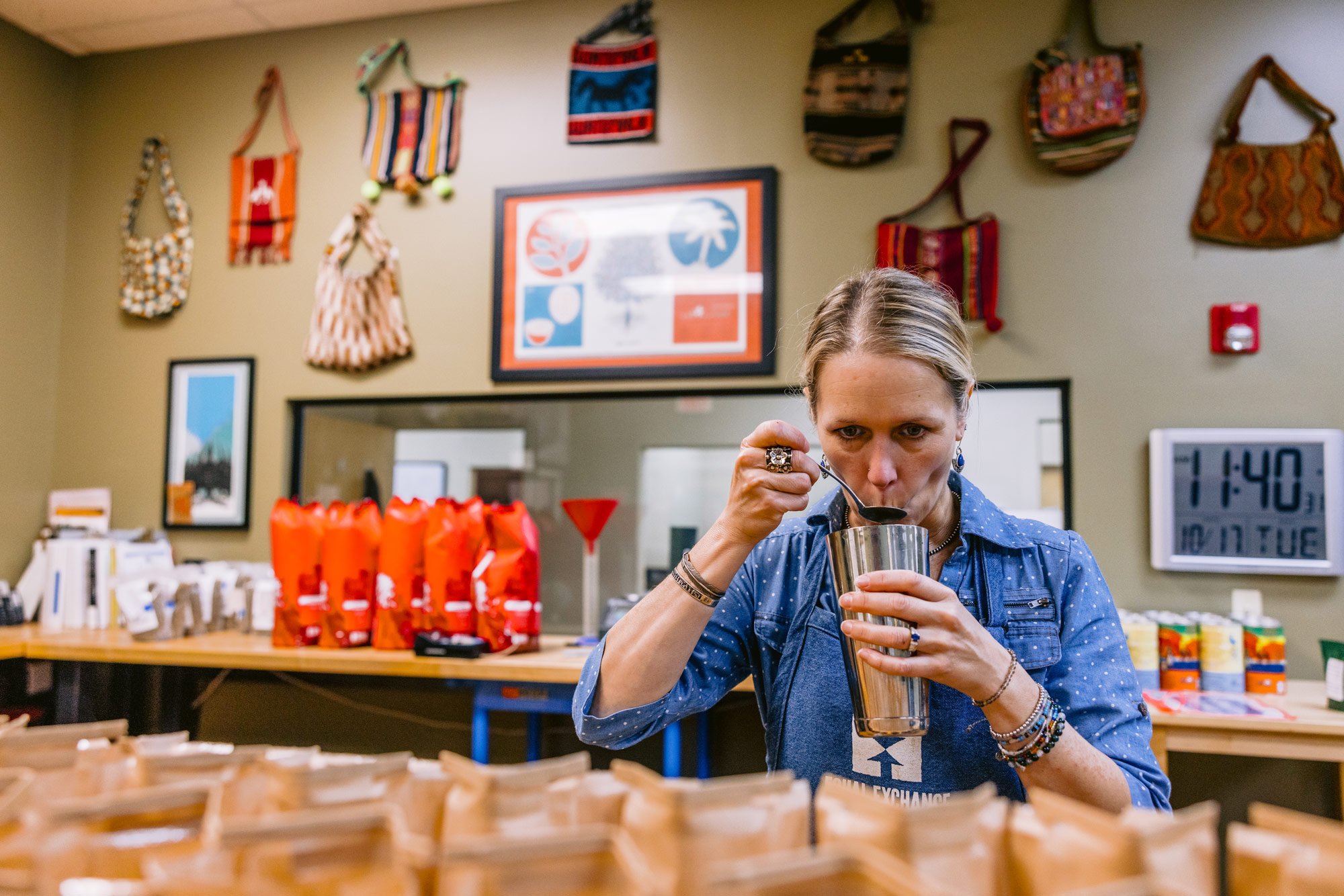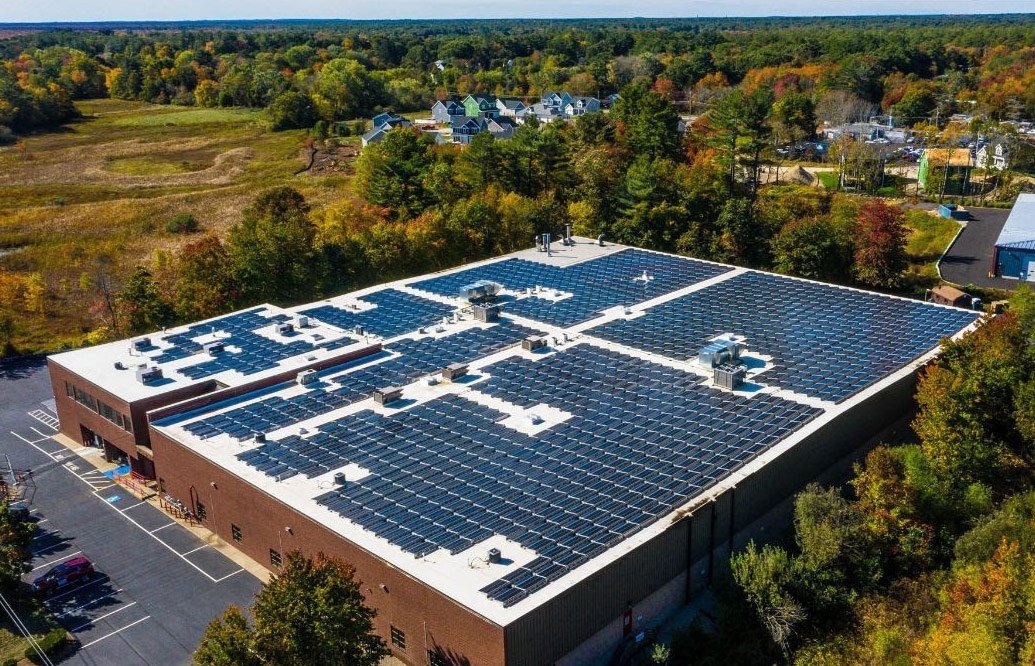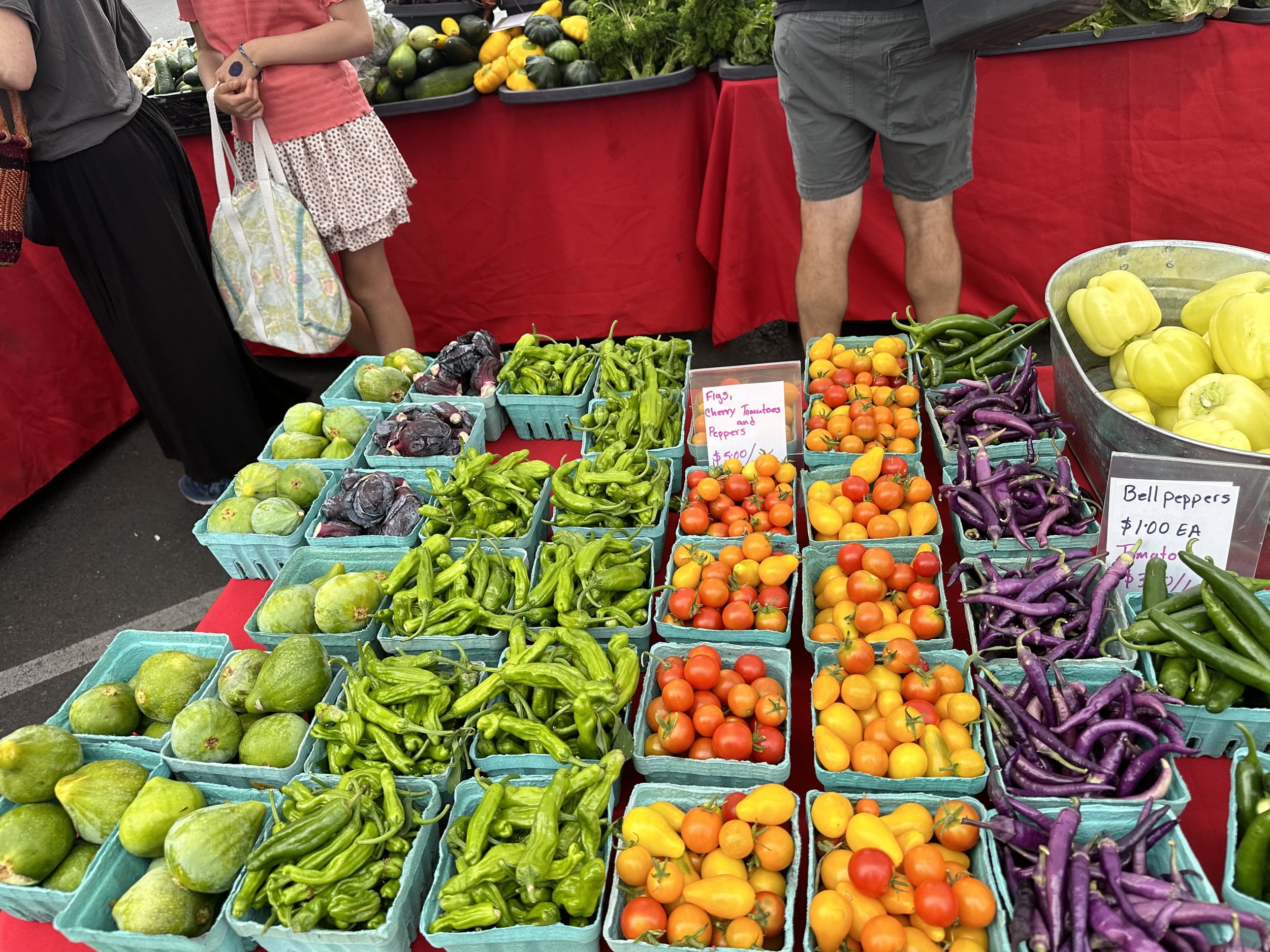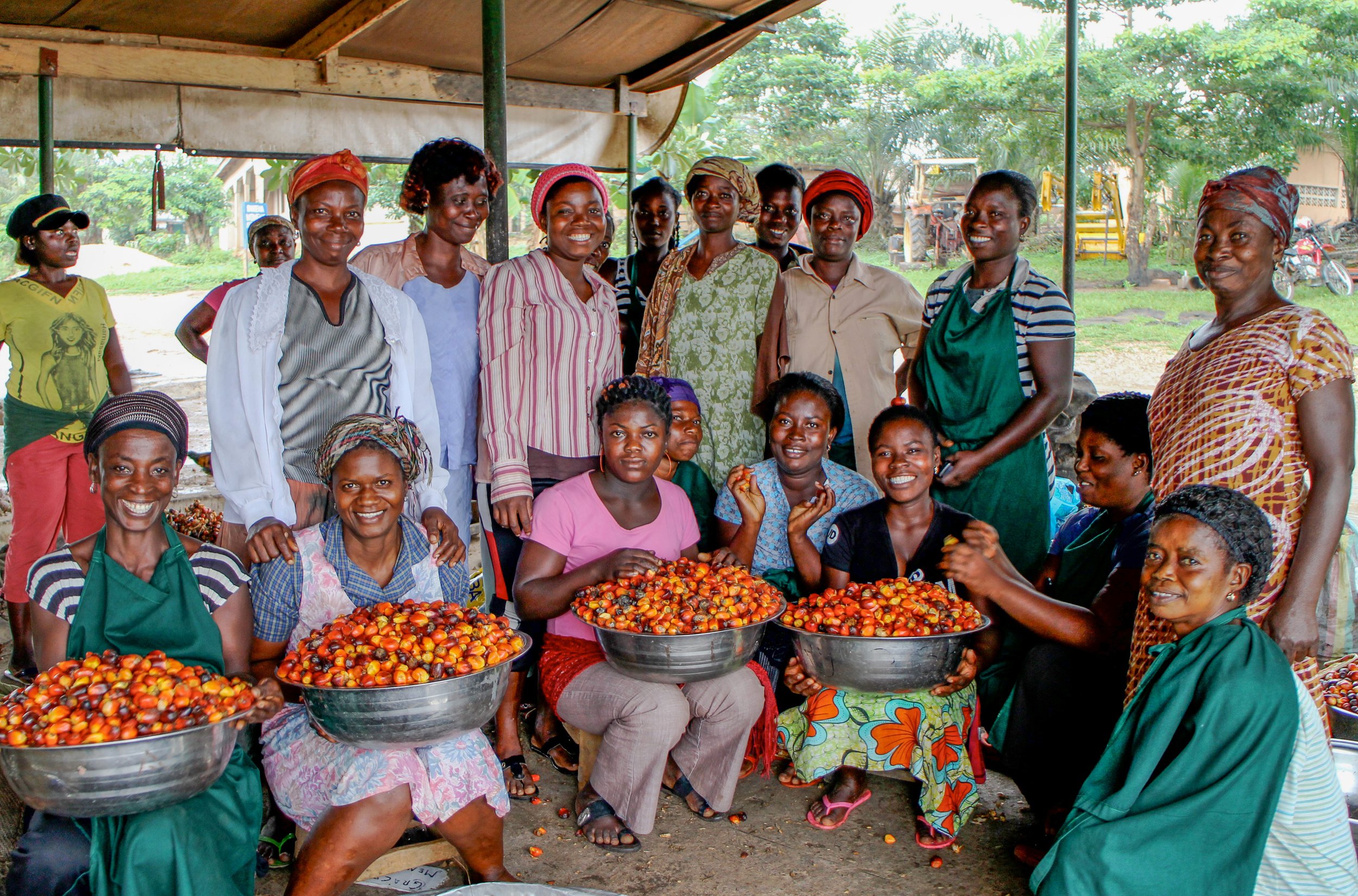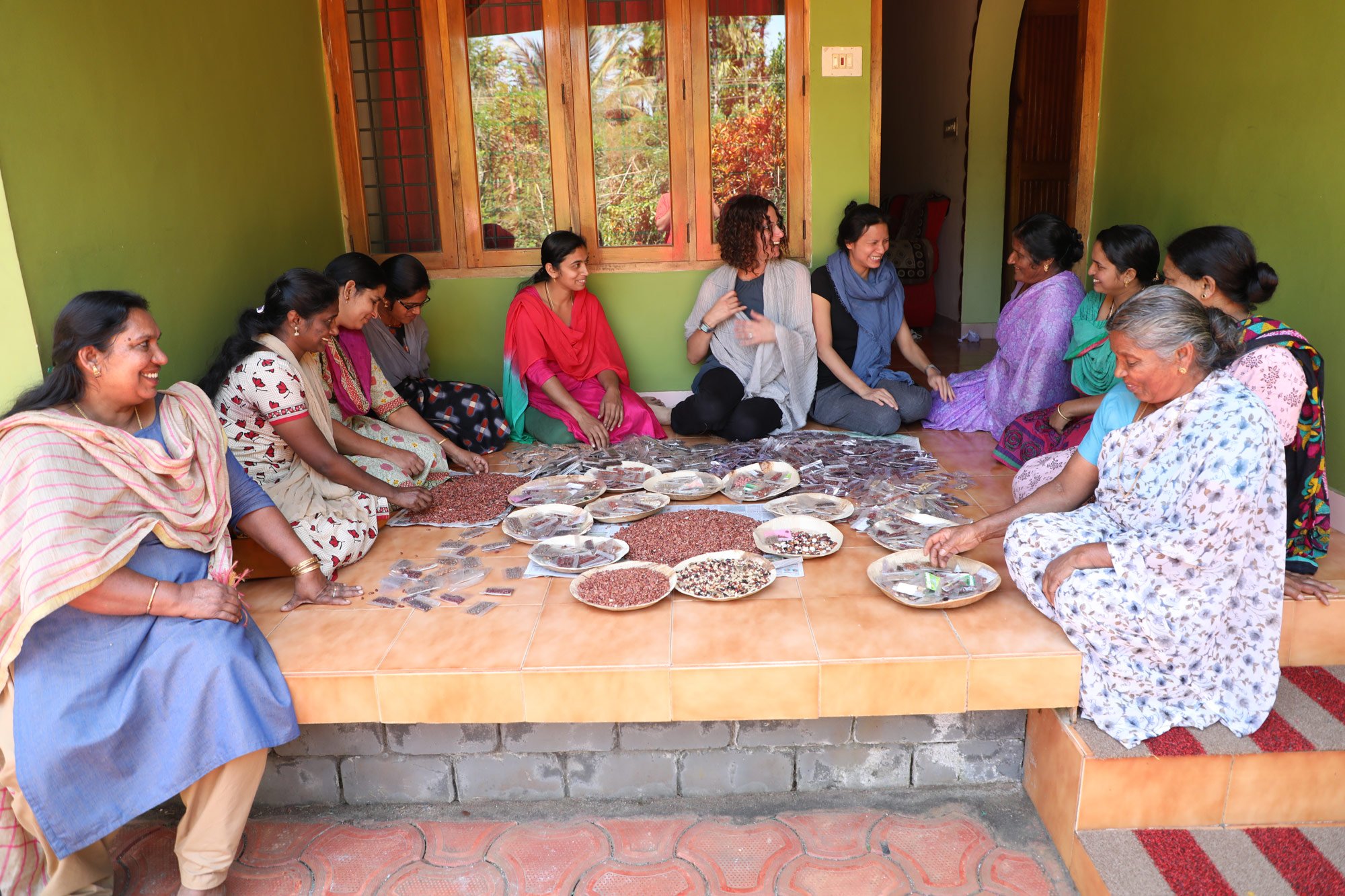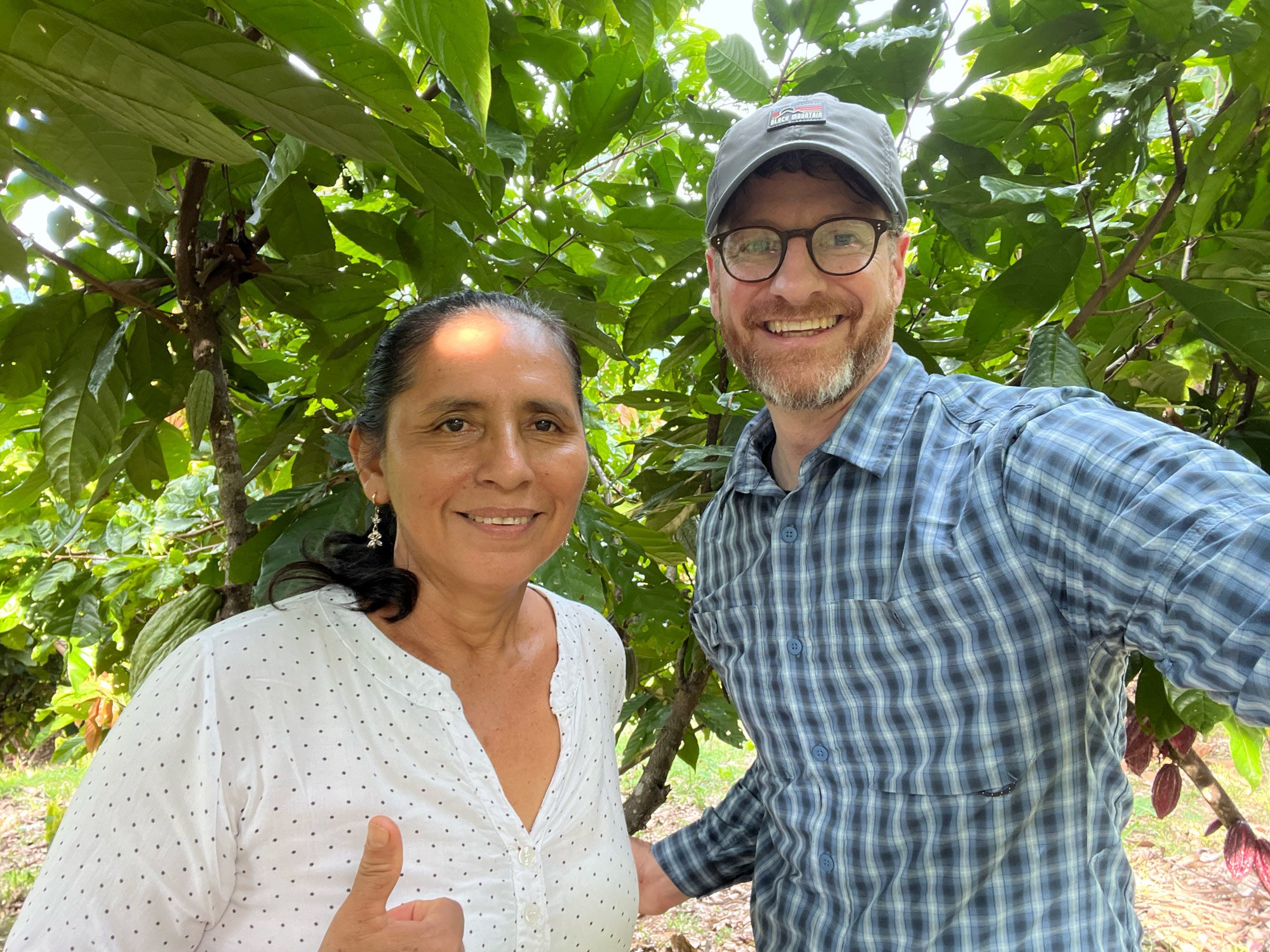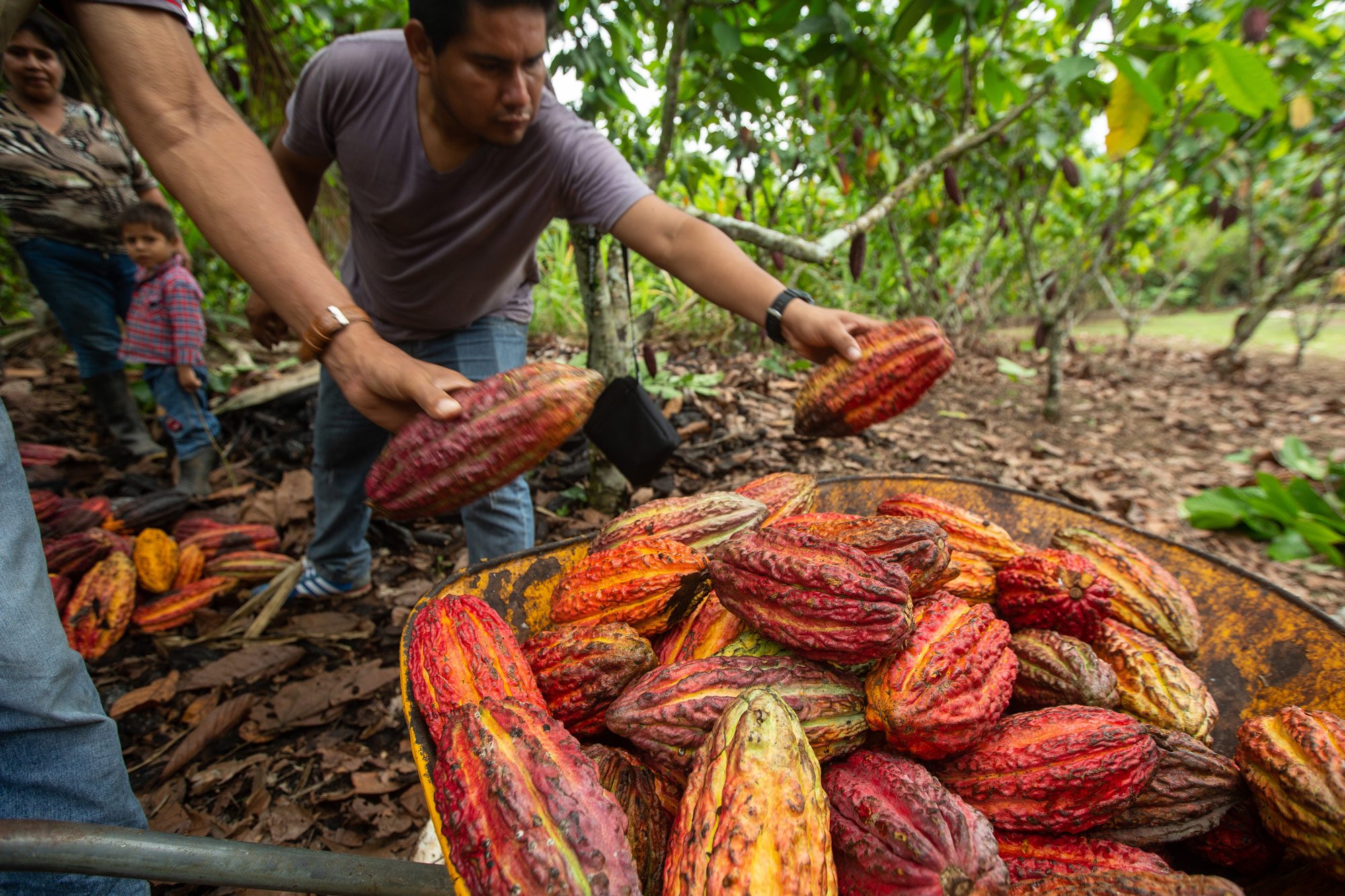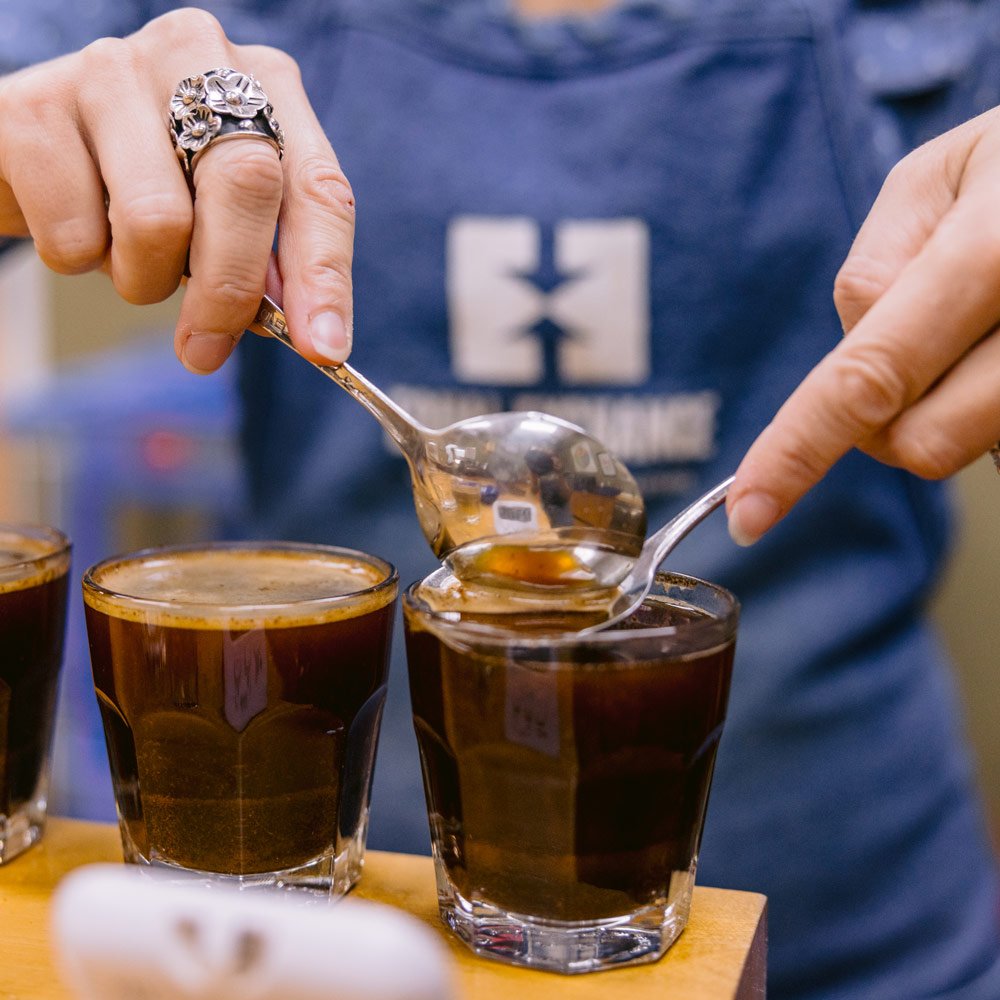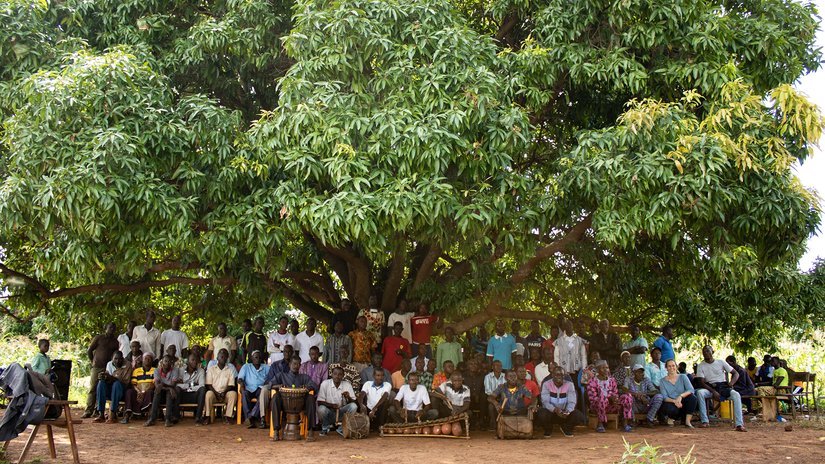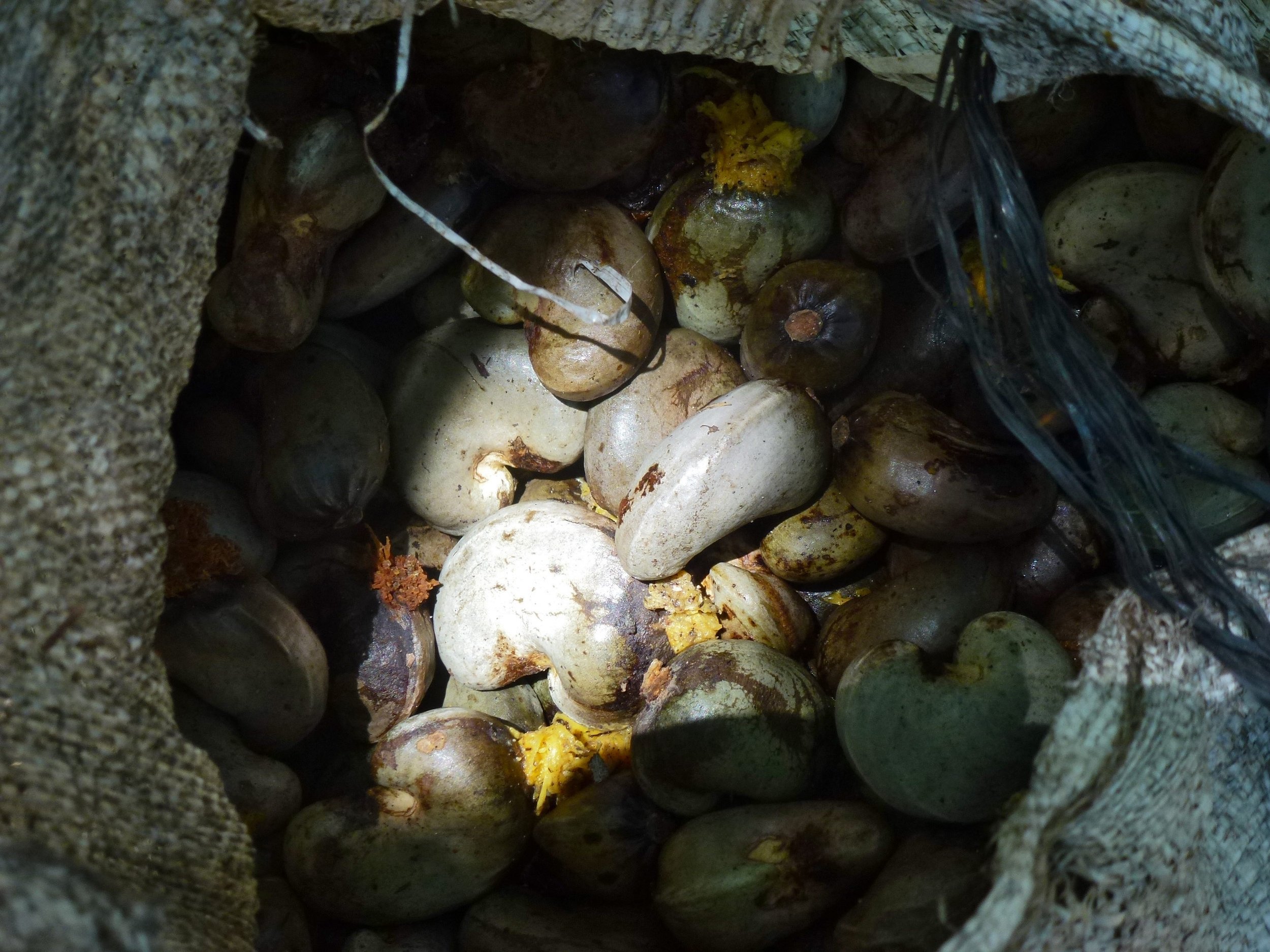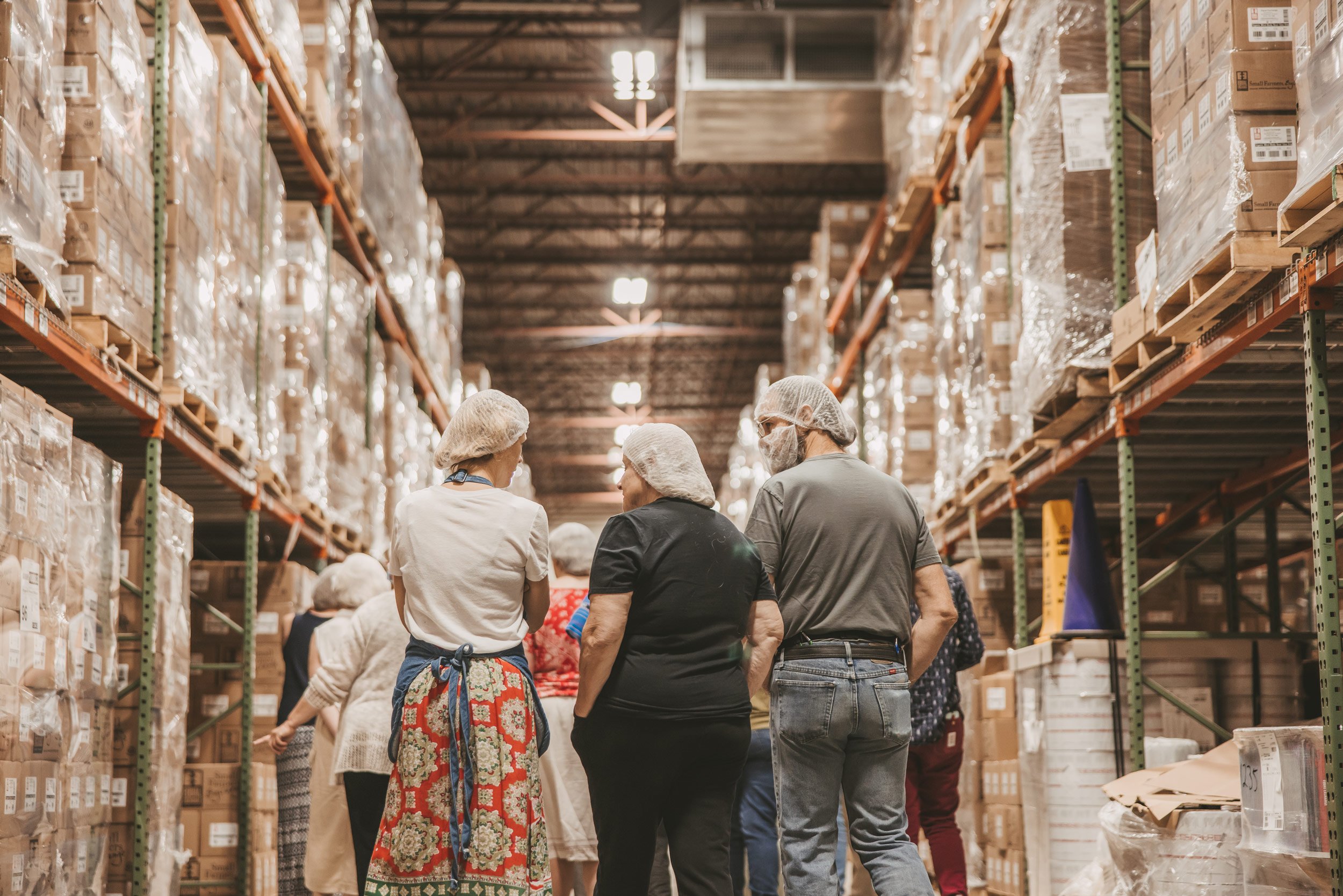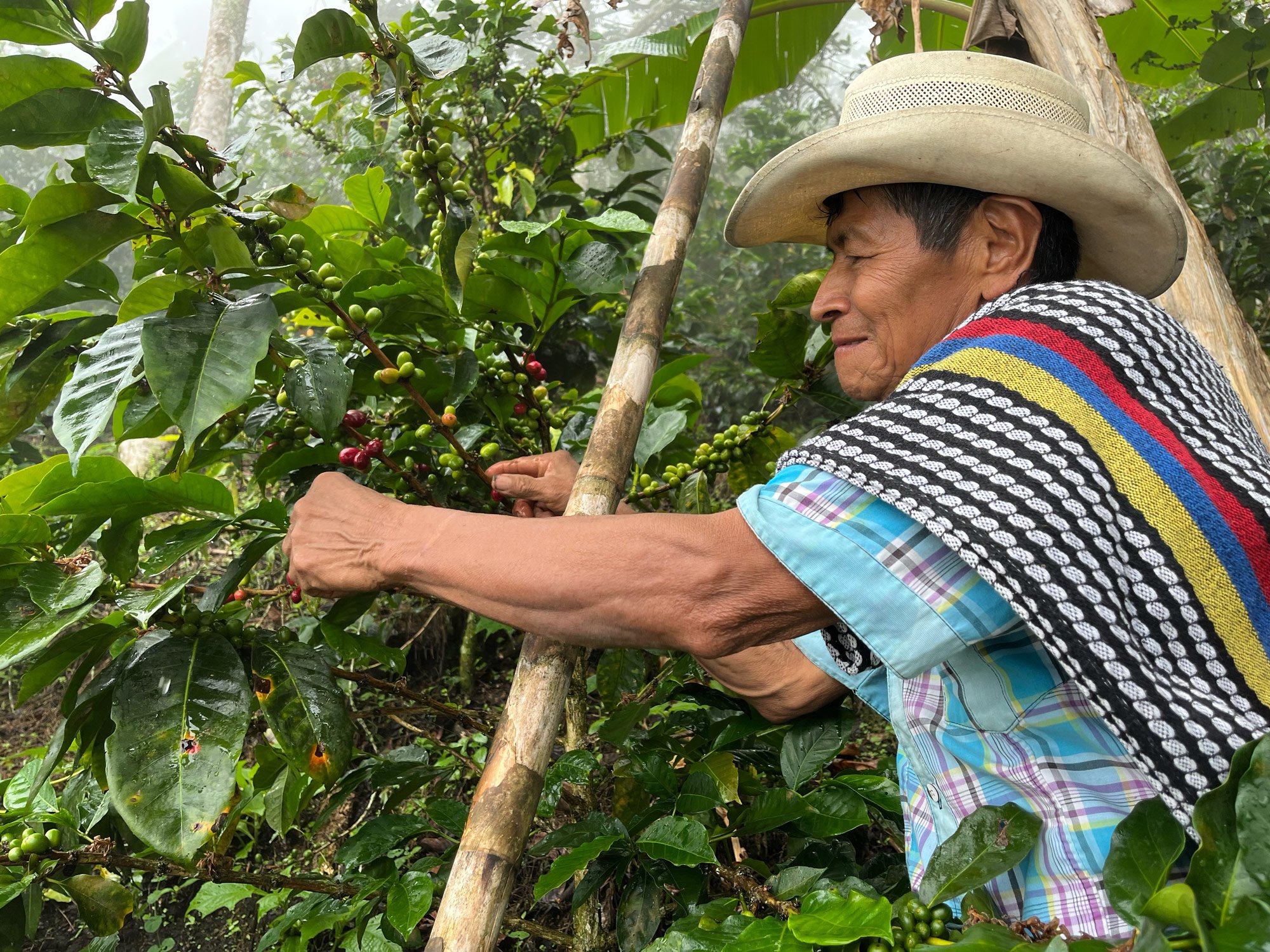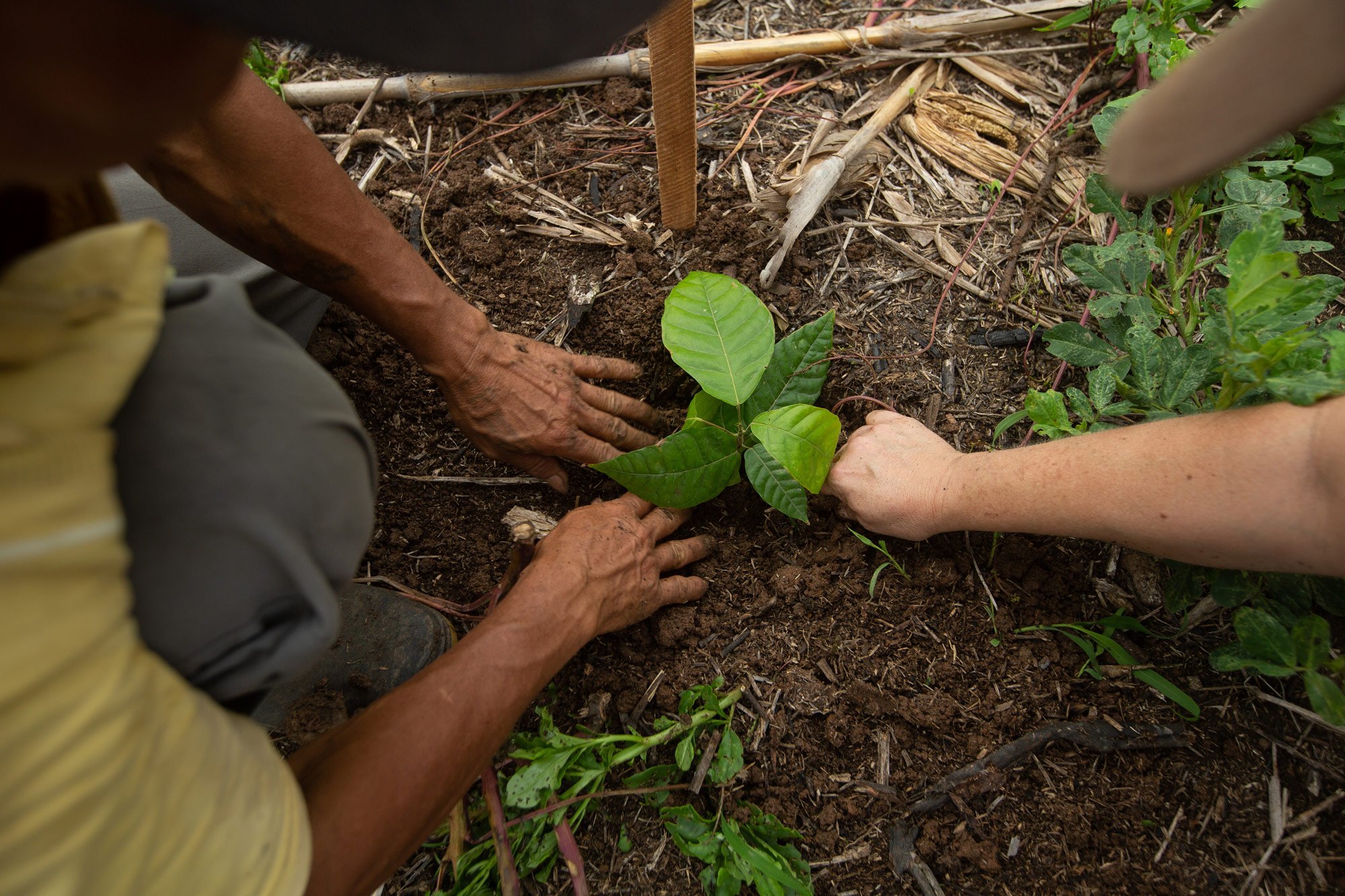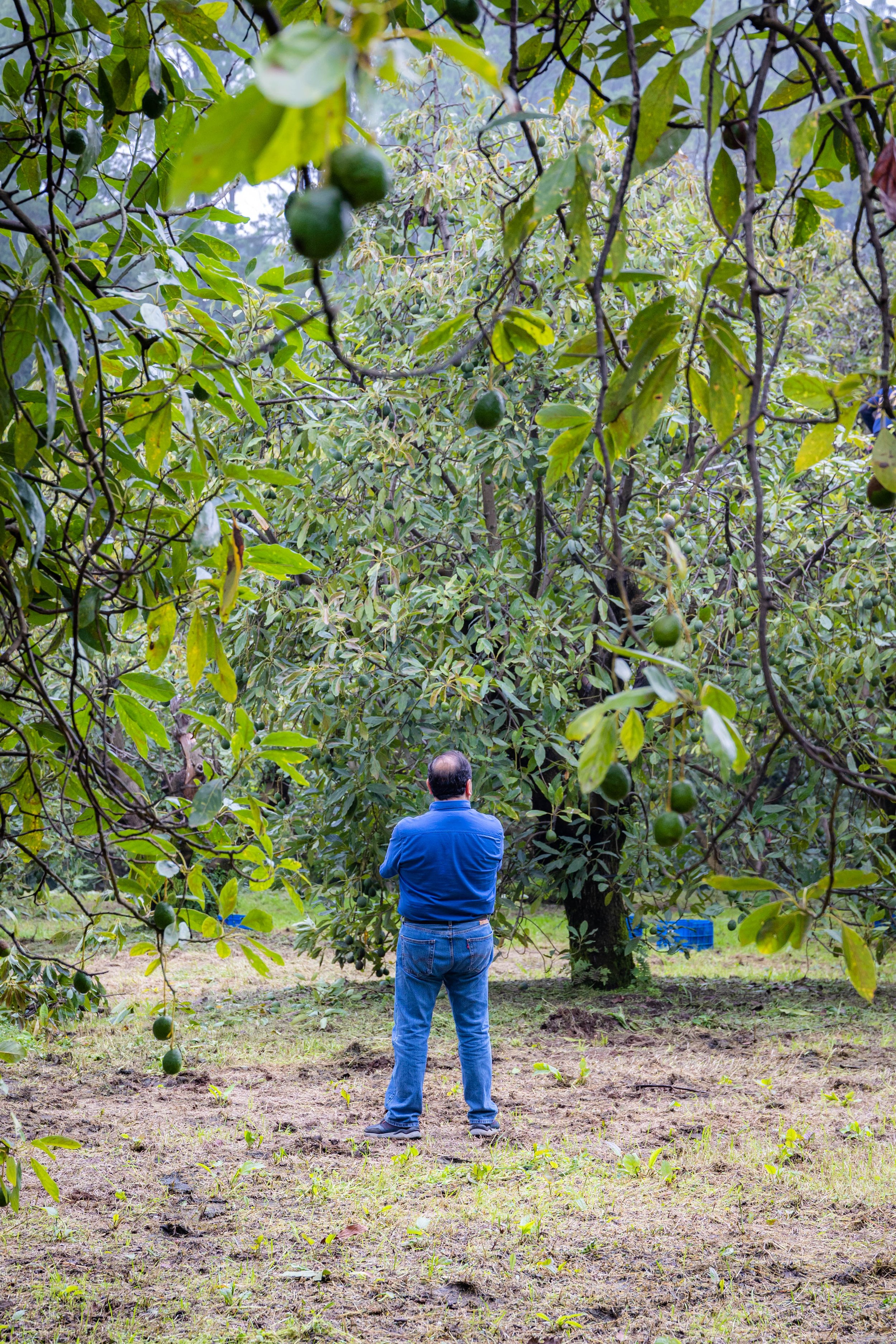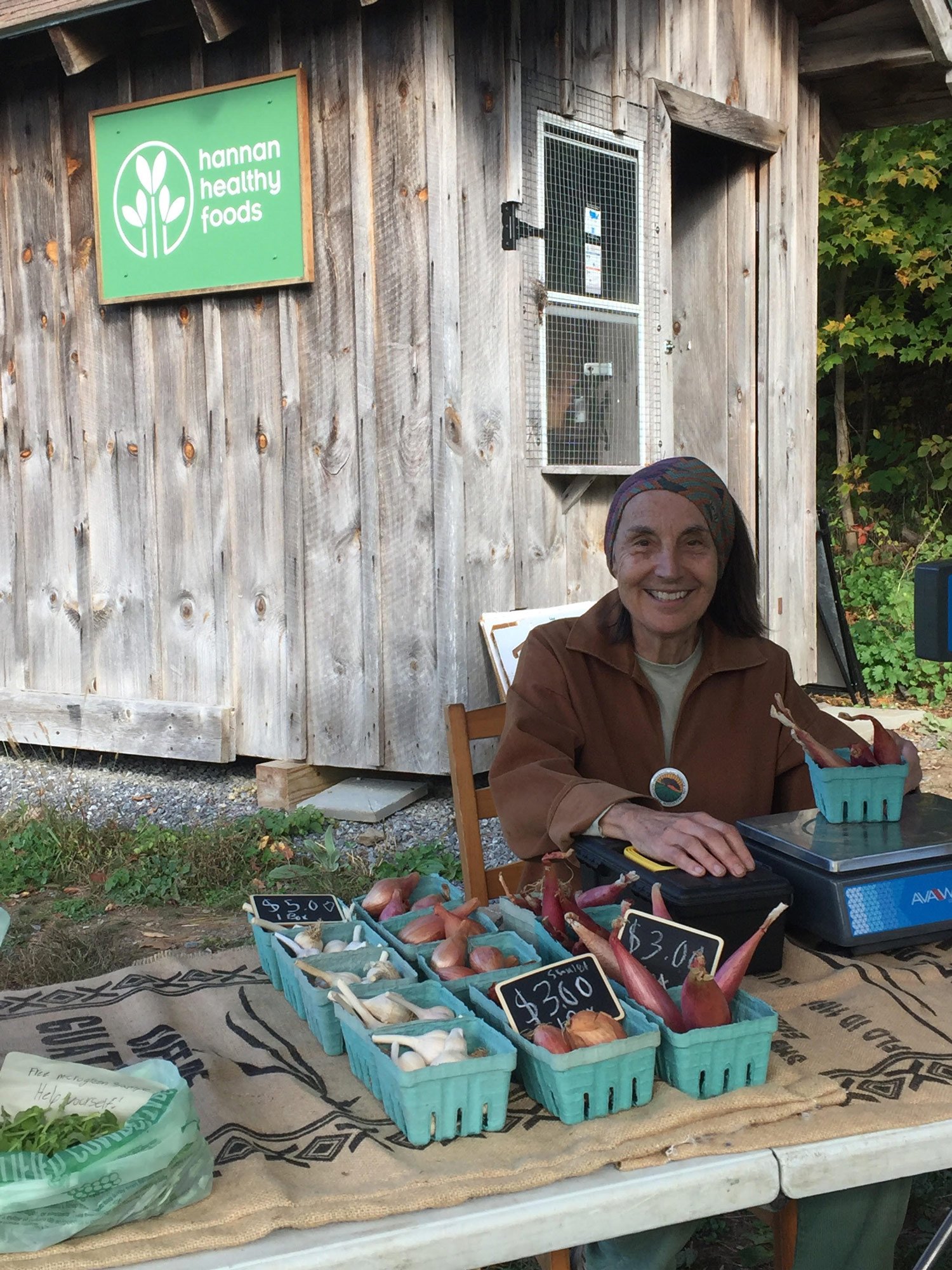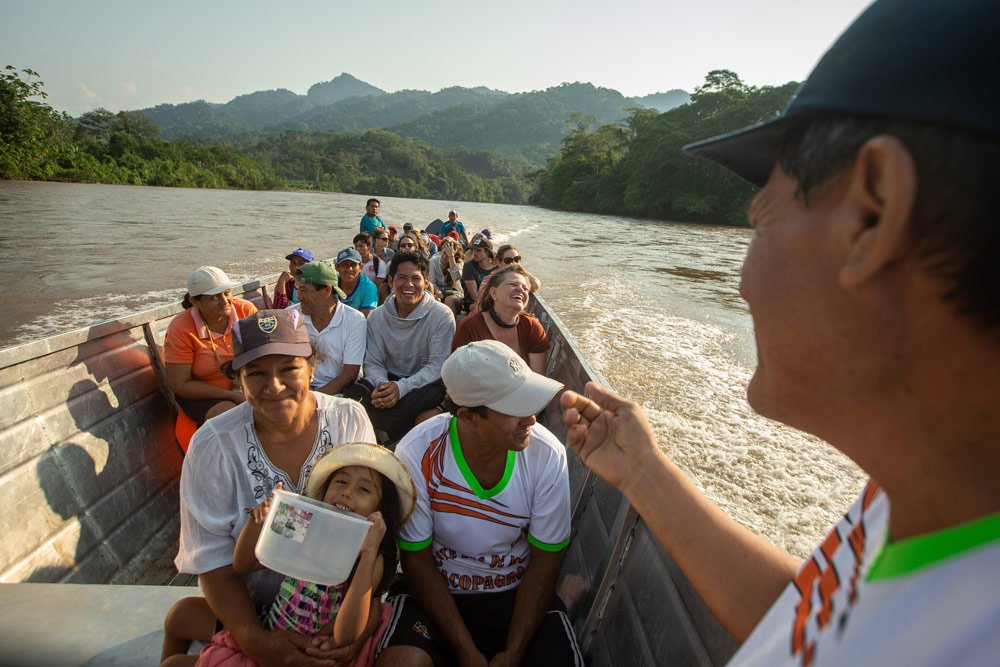Articles
Update on Palestinian Farmers in the West Bank
Equal Exchange Olive Oil and Medjool Dates from the Palestinian Agricultural Relief Committee (PARC) come from small farmers in the West Bank. PARC shares an update on what the situation has been like for farmers in the West Bank after October 7th, in 2024 and so far in 2025.
How Do You Become a Professional Coffee Taster?
Well, if you were Beth Ann Caspersen, our Coffee Quality Manager, back in 1998, that was a good question. There were no courses or certificate programs for such a thing as specialty coffee. Today, there are more options. But for small-scale coffee farmers and their co-op staff, access to those formal training options can be very limited, making it just as challenging, in a different way, as when Beth Ann was starting out. She has worked for decades to make this knowledge more accessible for remote farmers.
Solar Power at our Roastery
When considering the assets of an organization, one doesn’t always think about the roof of a building. But when we considered adding solar panels to our headquarters, our large, flat roof was a big plus! Equal Exchange Sales Director and Vice President Lynsey Miller shares more.
Individual Actions We Can All Take to Transform Food Systems
Following up on her article, Pathways to Creating a Just Food System, Dana Geffner explores the barriers and opportunities to creating a just food system through this four-part series of articles, from outlining regenerative business structures to showing examples of alternative business models and alternatives to conventional shopping. In this fourth and final part of the series, she focuses on what individuals can each do to participate in transforming our food system.
Alternatives to Conventional Shopping
In part 3 of a series, Dana shares examples of people and communities around the globe who are offering consumers a way to shop that does not extract wealth out of communities. Here are a few examples of community-owned grocery stores, national organizing associations, and other models that place farmers in the driver’s seat.
Alternative Business Models Building Fair and Equitable Partnerships
In part 2 of a series on Alternative Business Structures, Dana Geffner examines a few examples of alternative business models that are building fair and equitable partnerships with organizing efforts around the world. By understanding governance structures that officially center people, supporting these efforts and replicating them, we can visualize a path to creating a food system that works for us all.
The Endangered Birds & Heroic Insects of TPI
Tea Promoters India share a glimpse of the wildlife gracing their tea gardens. “Sunbirds, with their vibrant plumage and delicate, curved beaks, are vital players in the intricate dance of our tea garden ecosystem.”
Pathways to Creating a Just Food System
The Global Economic System is rife with abuse and injustice. Since the power in global supply chains favors those with size and wealth, most of the people who grow, process, and produce our food suffer poverty wages, unsafe work conditions, and other rights violations. Small-scale farmers and workers are typically marginalized and disempowered in the global economic system. People are organizing in many different ways to push back against the conventional extractive business models to transform our food systems. Guest contributor, Dana Geffner shares some success stories of how different mechanisms drive a larger movement in creating a more just and sustainable food system.
Cooperative Partnerships Rule Over the Market
Dary Goodrich, our Chocolate Products Manager, was recently in Peru, where the cacao harvest is just beginning. With the current global shortage of cocoa and the unprecedented surge in cocoa prices, farmers shared that they were aware of the higher-than-normal prices at the end of last year and invested more in their farms to make sure they would have a great harvest. Dary reflects more on what is happening and what this means for our farmer partners and chocolate lovers like you.
Unprecedented Chocolate Prices Reveal a Vulnerable Supply Chain
While cocoa and chocolate are beloved products for many of us, they have been receiving attention lately related to a global shortage, and the causes and consequences linked to this shortage, including a spike in prices on grocery shelves. We at Equal Exchange want to share some inside perspectives about what’s happening in the cacao world, including how climate change, commodity markets, and alternative fair trade supply chains interrelate. It’s also an opportune time to focus some deserved attention on cacao farmers.
A Look Behind the Scenes of Equal Exchange’s Quality Lab
Take a look behind the scenes of Equal Exchange's Quality Lab and watch a time-lapse video of a Production Cupping. This quick video captures a process that typically takes 45 minutes down to 34 seconds.
The Story Behind Our Alternative Trade Partnership with Gebana Burkina Faso
Since our founding, Equal Exchange has sought to partner with visionary, democratic, and sustainably-minded producer groups, distributors, food cooperatives, and natural grocery stores. This approach is no longer enough. We now have to respond to this growing corporate threat by taking our model one step further: partnering with other Alternative Trade Organizations and building bridges amongst ourselves, as if we were islands floating in a large ocean that is today’s food system. We believe this is the only way to survive, continue to thrive, and achieve our mutual goal of a food system that works for everyone, not just corporations.
The Dark Side of the Cashew Industry
“If cashew importers want to ensure that their supply chains are not tainted with forced labor and abuse, they need to very closely scrutinize where they source their products,” –Joseph Amon, Director of Human Rights Watch, Health & Human Rights Division
Sue Morris's Awesome Grassroots Distribution System: Just Food Hub
Just Food Hub is a volunteer group that distributes ethically sourced food to consumers, local organizations, buying clubs, and small businesses throughout New England. Sue Morris, a retired writer and editor living in Marshfield, Vermont, created the organization in 2021. Due to their amazing efforts, Sue and her husband, John, are one of Equal Exchange’s top customers. Sue shares more in her own words.
Colombia Series: Snapshot of an Organic Farm
Our staff recently traveled to Colombia to visit our farmer partners there. It's a common experience: when we go to source and someone asks how the trip was, it is hard to answer. The truth is, the experience is complex. So complex that we are going to take our time to share different reflections, angles, and photos over time, to give a more complex answer. To kick off this series, Lynsey Miller reflects on her visit to a lush and abundant organic coffee farm.
Reflections From Rink: The History of Our Alternative Capital Model
As we enter a new stage of Equal Exchange expanding our capital model, Equal Exchange Co-Founder and President Rink Dickinson reflects on the history of our capital model and its central role in our success in building an actual alternative economic model.
Current Challenges for Small-Scale Avocado Farmers in Michoacán
At Equal Exchange, we take pride in our model of truly responsible sourcing that promotes economic justice, environmental sustainability, and community development in regions where our products are grown. Despite the efforts made to cultivate positive change, however, there are certain macro-level issues that continue to impact our sourcing partners and their communities. For avocado farming co-operatives PRAGOR and Integradora Vics—our partners in the state of Michoacán, Mexico—the most pressing challenges include falling sales prices amid rising input costs, market rigidity in US stores, and the negative effects of climate change.
Citizen-Consumer Reflection: Strength in the Commitment of Many
Thirty-seven years ago, I did not identify primarily as a consumer, and the label still doesn’t quite fit, but I did identify as a citizen open to learning how Nicaraguans were creating more equal social relationships. When volunteering with newly formed sewing cooperatives, I met small farmers who shared stories of how they never were paid a fair price by the buyers of the fruits of their hard labor. I became a small bridge of sales of Nica coffee beans through Equal Exchange.
Becoming a Citizen-Consumer Board Director of Equal Exchange
I was elected to the board of Equal Exchange in June 2020, a couple days after my 22nd birthday. The prior year, I had attended the Equal Exchange Summit as a college student who really liked healthy food and desperately wanted a glimmer of hope that some businesses could benefit people and the environment.
Journey to ACOPAGRO and Connecting Communities with the Origin Bean Program
In 2019, Equal Exchange worked alongside ACOPAGRO cacao co-op of Peru to foster a delegation opportunity like no other. A blend of Equal Exchange worker-owners and customers traveled three hours from the nearest city by boat to learn about cacao farming in the Amazon basin and stayed with gracious hosts who opened their homes and lives to share in this experience.


